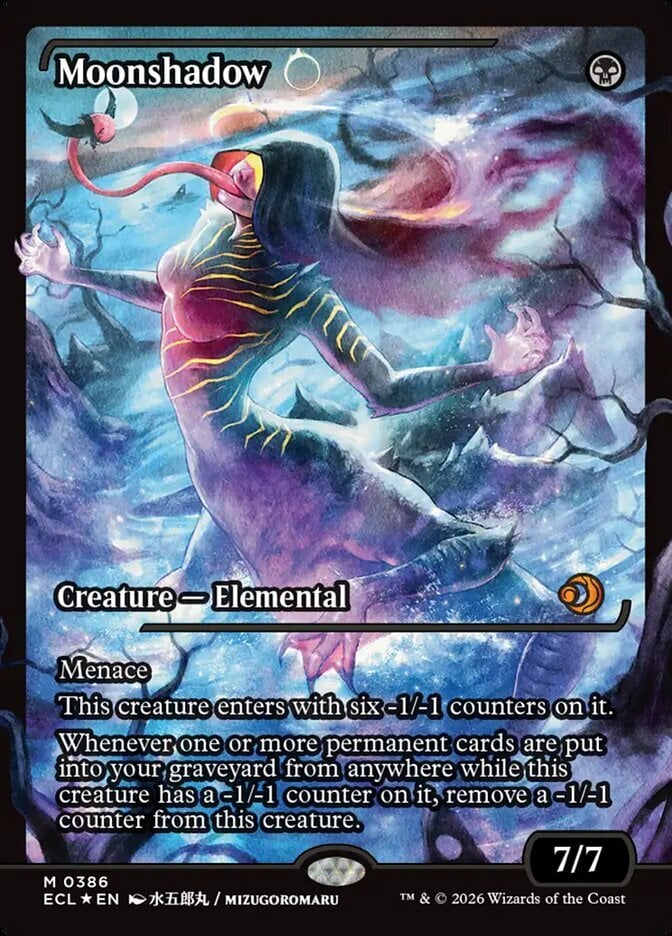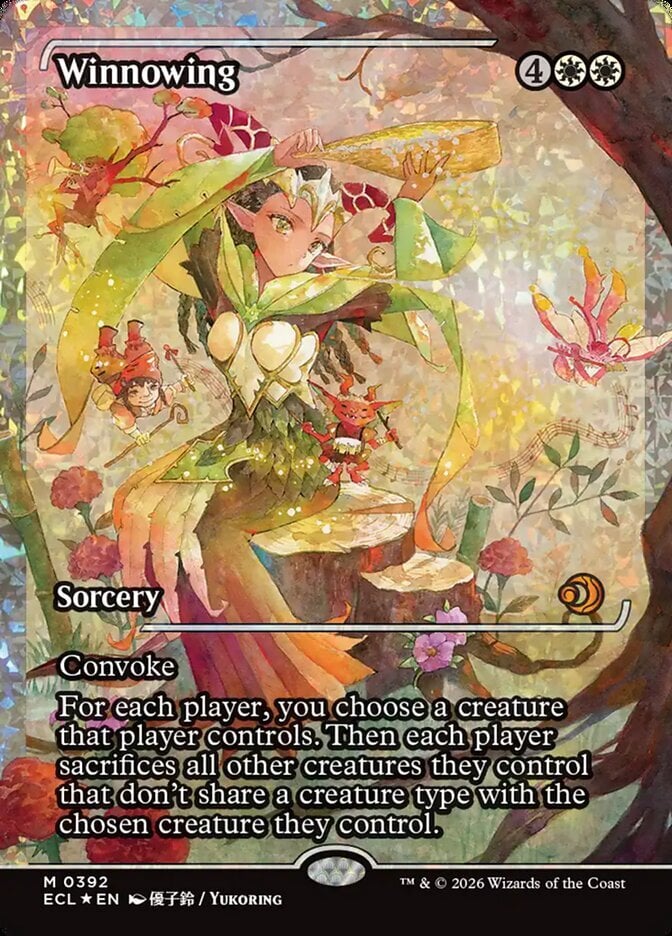So to continue and build upon the points being made:
1) When you build a deck, you really should have some clear pictures in your head of how you intend to win the game and how you envision your ideal first few turns to play. Normally you pick one win-con and do all you can to increase the chances of that getting you the W, but sometimes you can add a second one, as long as it doesn't detract from the primary one. So for instance, let's imagine I'm wanting to win the game with an aggro deck (getting as much out and killing them as quickly as possible)... if that's the case, I shouldn't add 6-7 or higher casting cost creatures, as the game should be over before then. However, if you were playing a mid-range deck (typically stalls for a few turns and then hits with big threats) and you find a 6-drop that isn't all that synergistic with your other creatures but that could win the game all on its own, then you might put it in. Again, the idea is to decide on a clear path to victory and take it... no muddling about (so no need for milling cards if you're going to kill them with creatures).
2) This is common for newer players, so there's no shame in being guilty of it; but the best decks run multiples of most cards to increase consistency. Think, if that
Consuming Aberration is the KEY card for you to win, you sure would like to draw it more frequently, right? So if that's the case, why not run 3 or 4 of them? Then figure out the spells that fit your plan best and run them in multiples. You will notice that sometimes decks run 1-offs or 2-offs, but that's often because those cards are just adding icing on an already pretty good cake. You certainly shouldn't plan on drawing a card reliably if there is only one copy (ask any EDH player about that).
3) I started playing back in 1994 when it was still a game of "build what you have with what you have" rather than today's "build the deck and THEN get the cards off TCGPlayer," which gives me a certain appreciation for those of us out there who don't have that many cards yet or who are interested in playing without spending any more money. But I can say beyond a shadow of a doubt that you can pick up the cards you need to be competitive in a casual environment for less than $30. So again, it's just a task of figuring out WHICH cards and then ordering them. And trust me when I say, life is a lot more fun when you get them and your deck starts behaving as it's supposed to.

